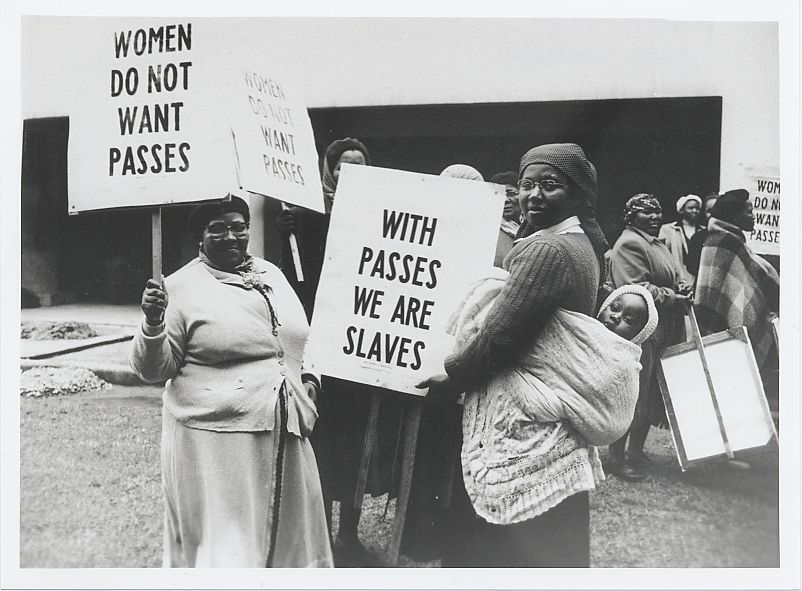I WAS ONE YEAR OLD when more than 20,000 South African women and girls from all walks of life marched against apartheid in 1956 – and we continue to march, all over the world, in our struggle against injustice and in the search for dignity and equality.
In 2015, for example, I joined thousands of black women in Brazil – from ministers and public officials to domestic workers and coconut breakers – marching to draw attention to the double discrimination faced by women of African descent on account of their gender and the color of their skin, and to call for an end to gender-based violence.
Around the world today, we are seeing the power that marches of solidarity have to counter silence, to demand change and to hold our leaders accountable to their promises. In 2017, vibrant women’s marches sprang up in hundreds of cities around the world. Two year later, we saw climate justice marches led by inspiring young activists in Europe and beyond.
Each of these actions remind us all that this is a time for women and girls to band together and to act, together with allies of all genders, on the issues that will determine a lived equality for all. That is why we march. And most importantly, why we must continue to grow and scale these movements for gender equality, human rights and sustainable development together.
But while South Africa has evolved to turn the page on its apartheid past and made huge steps forward in achieving racial liberation, the demands made as part of the Women’s March still resonate for many across the world. Women continue to face inequality of opportunity in employment, and the gender gap in achieving equal pay for equal work
remains a yawning one. The needs for paid parental leave and quality childcare for working mothers are acute and are seen as critical inhibitors of women rising to positions of leadership.
Loading...
Of great concern to all of us is the economic violence of job loss that has accompanied the Covid-19 pandemic, with women accounting for two-thirds of the nearly three million jobs lost globally. And the continuing ‘shadow pandemic’ of men’s domestic and other violence against women and girls. As for the women of 1956, we have an immense task ahead of us to unify our efforts to overcome the exploitation of women and to cohere behind a clear message of equality, inclusion, and advancement.
The emancipation and elevation of women is a fundamental necessity for the sustainable growth and development of societies. In 2021, we observed the 150th anniversary of Charlotte Maxeke, a leader, scholar and artist. We have taken bold and decisive steps to accelerate progress with a positive, historic shift in power and perspective. On July 2, we closed our landmark Generation Equality Forum in Paris, with the commitment of nearly $40 billion in confirmed investments to drive a gender-responsive stimulus and recovery plan for the next five years.
These will ensure that women and girls are not left behind as the world builds forward from Covid-19. This is critical
to our recovery from the pandemic, as women have suffered gender-based violence, lost their jobs and carried the burden of unpaid care.
For far too long, a lack of financing has impeded steady progress in advancing gender equality. We have addressed that deficiency as we reposition gender equality as a long-term priority issue, everywhere. Across sectors, from technology to violence and economic and climate justice, we have designed strategies incorporating the most critical actions required to accelerate and achieve gender equality, with multi-stakeholder, multilateral partnerships leading the drive for change.
The nearly 50,000 people of all generations and from all parts of society who joined the Generation Equality Forum jumped together to shake the world of patriarchy. We stand not on the shoulders of the women who demanded equality 65 years ago in South Africa, but arm in arm. What was born then will be taken forward further.
And together, in solidarity, we will say it again: Wathint’abafazi, wathint’imbokodo! You strike a woman, you strike a rock!
BY PHUMZILE MLAMBO-NGCUKA
The writer is the UN Under Secretary-General and Executive Director, UN Women. From 2005 to 2008, she served as deputy president of South Africa.
Loading...
